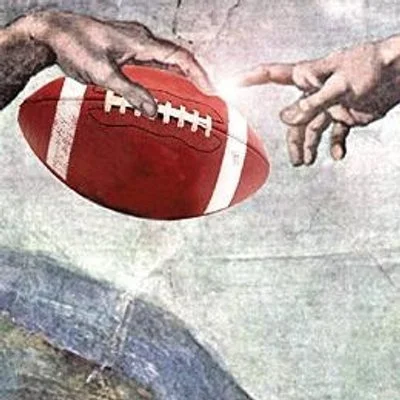This post has nothing to do with the game in which the University of Tennessee Volunteers hung on to defeat the Gators of the University of Florida (click here for highlights).
Well, there is some connection. But the goal here is, once again, to urge sports journalists to listen to what many athletes have to say when asked questions about what makes them tick — as people and as leaders in their sports communities. I’ve written a hundred or so posts (it seems) on this subject during the past 18 years or so.
Consider this a refresher memo on that topic, since Vols senior quarterback Hendon Hooker — after the post-game shows this past weekend — has officially entered the Heisman Trophy chatter zone.
In this case, Hooker isn’t the stereotypical athlete who uses vague God-talk during sideline interviews or in his post-game press conferences. While that kind of language can be important, I have always thought that journalists need to look for deeper signs of faith — in friendships, family ties and concrete actions in daily life.
Thus, let me note a story of two in East Tennessee media that spotted crucial faith facts about this calm, steady quarterback and worked them into a sports-page basic — the pre-game rituals feature. The headline at the Knoxville News Sentinel read: “How Hendon Hooker will calm his nerves before Tennessee football plays Florida.” The faith issue even made it into the overture:
Neyland Stadium will be rocking before Tennessee football plays Florida … , but Hendon Hooker will go into slow-jam mode and lean on his faith.
ESPN’s College Gameday will rev up the crowd. Checker Neyland will create quite a scene. And the sellout crowd will shake the stadium moments before the Vols run through the Power T.
A few lines later there is this basic quote:
“I just go into meditation mode and put my gospel playlist on,” Hooker said Monday. “I really just listen to a lot of slow jams and really just relax. I kind of go through the locker room and dap up everyone, just to make sure that I’m ready to roll. And they give me the reassurance back by the look in their eyes that they’re ready to roll too.”







